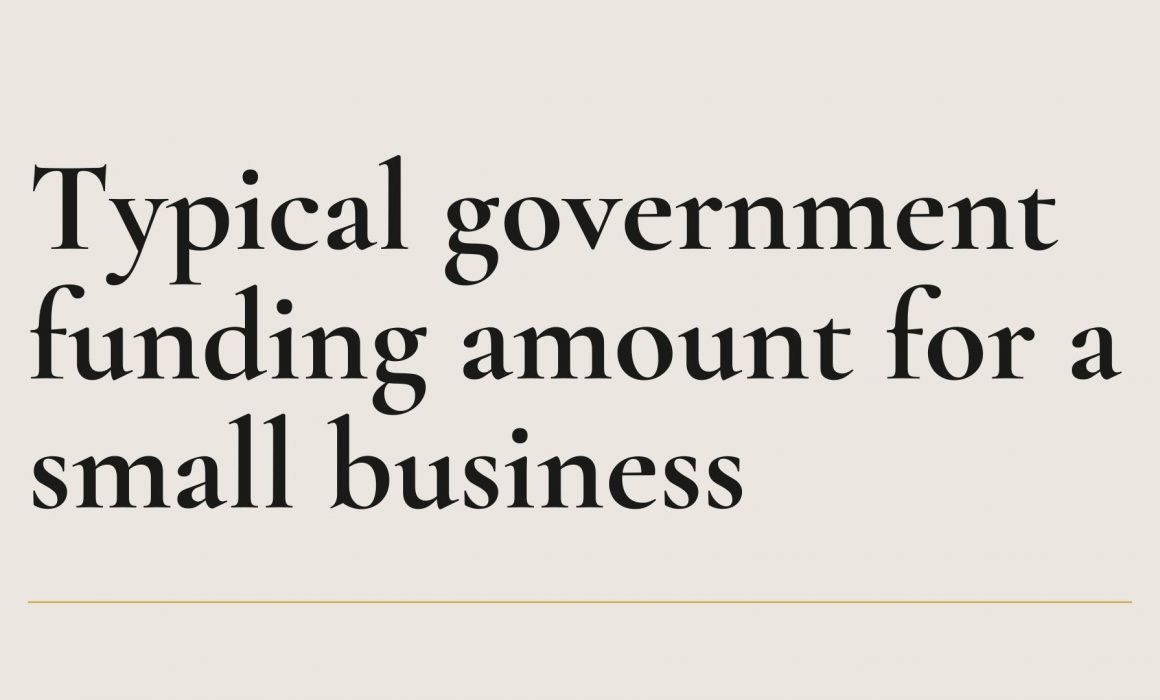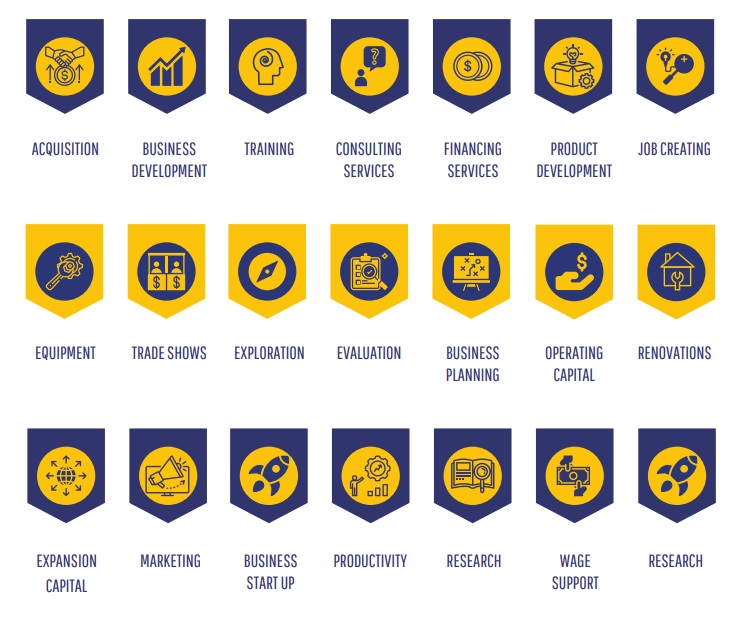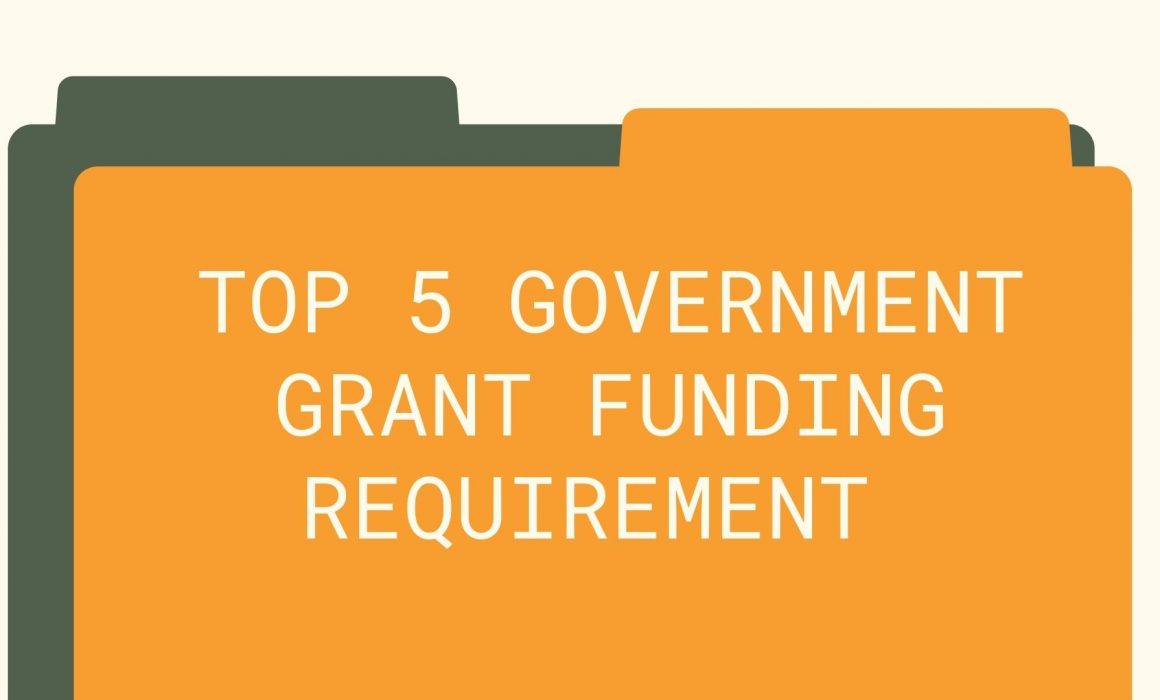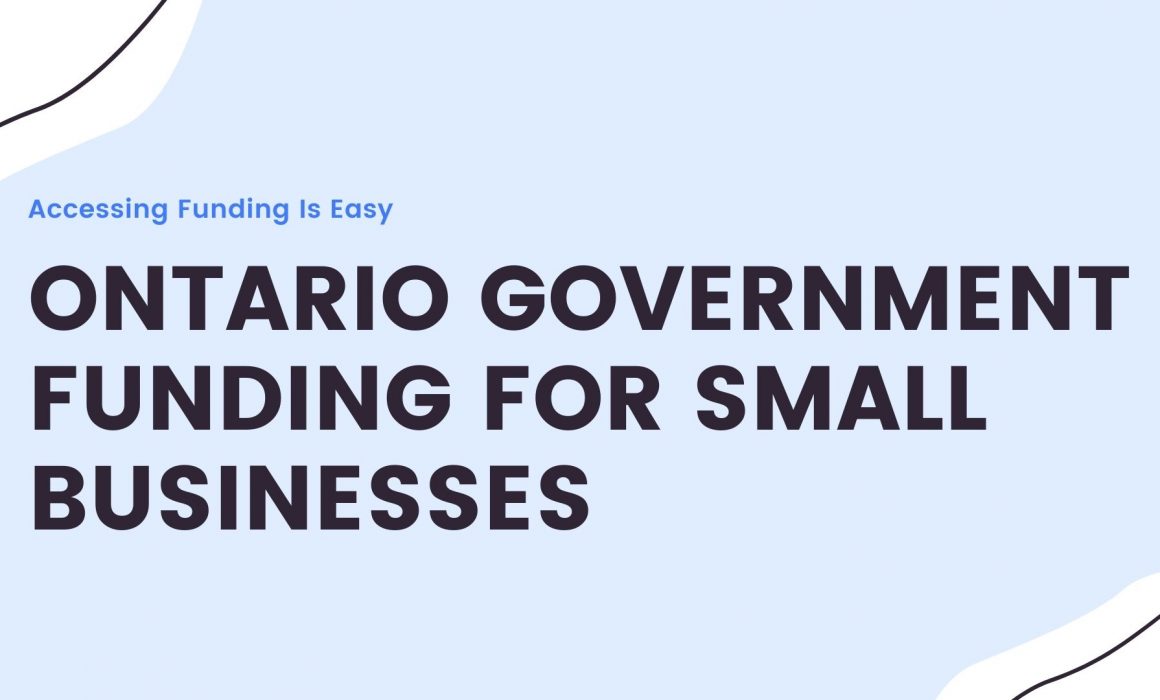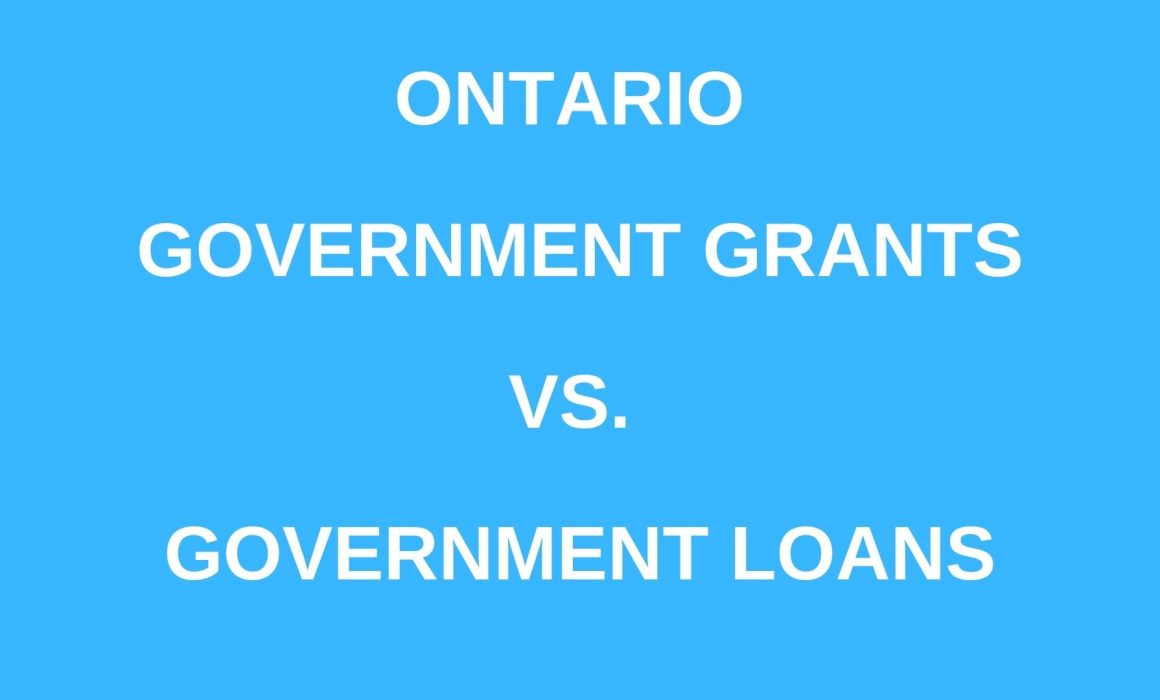Elaborate Strategies for Amplified Business Growth and Expansion
Achieving sustainable growth is a milestone every entrepreneur strives for. We delve deeper into the nuanced strategies that can propel businesses toward their scaling ambitions.
Toronto, ON – The entrepreneurial landscape is full of opportunities and challenges. One of the paramount questions every business owner grapples with is: “How can I scale and grow my business effectively?” The scaling process is pivotal for achieving long-term success and requires meticulous planning and strategic execution. We offer an extensive guide to aid entrepreneurs in their journey toward business expansion.
Building a Blueprint for Success: An In-depth Business Plan
A comprehensive business plan serves as a roadmap guiding the trajectory of your business growth. This blueprint should encapsulate your business vision in detail, incorporating measurable goals that mirror your long-term ambition.
Market research should be exhaustive, scrutinizing every facet of your target audience, mapping out potential competitors, and capturing the pulse of market trends. This information will serve as a valuable basis for strategic decision-making.
Strategic planning is a core component of this blueprint. It includes the formulation of cogent strategies and precise tactics that will direct your marketing, sales, operations, and financial actions. The flexibility of this plan is key; businesses should remain prepared to review and adapt it in line with evolving market dynamics.
Leveraging Human Capital: The Key to Organizational Growth
The strength of a business lies in its human resource. Hiring the right talent, individuals who resonate with your business vision and contribute positively to your work culture forms the bedrock of a successful enterprise.
Effective delegation is essential. It not only helps business owners to focus on higher-level strategic initiatives but also promotes efficient operations.
Investing in continuous training and development programs keeps your workforce updated and enhances their skills, thereby driving productivity. Fostering a culture of collaboration is equally important; a work environment that encourages open communication, teamwork, and shared purpose is conducive to high performance.
Marketing Mastery: Harnessing Strategies to Boost Growth
Identifying and understanding your target audience is the foundation of effective marketing. Entrepreneurs should invest time in creating detailed buyer personas to better understand their needs, preferences, and behaviors.
Developing a strong brand identity is pivotal. This includes designing a captivating logo, crafting consistent messaging across platforms, and weaving compelling brand stories. The goal is to foster a strong emotional connection with your audience that propels brand loyalty.
Leveraging multiple marketing channels can optimize your reach. A blend of traditional marketing with digital avenues, such as social media, email marketing, content marketing, SEO, and PPC campaigns, can significantly boost visibility and customer engagement. Employing analytics tools to regularly evaluate the performance of these efforts is crucial for making data-driven decisions to optimize your strategies.
Customer Relations: Building Bridges for Business Growth
Customer experience should be at the forefront of your business strategy. Providing high-quality products or services, responsive customer support, and proactively addressing customer feedback significantly enhances customer satisfaction.
Businesses can also create customer loyalty programs or referral initiatives. These programs encourage repeat business, generate valuable word-of-mouth marketing, and foster stronger relationships with your customer base.
Engagement with customers through social media platforms, email newsletters, and personalized messaging can further solidify these relationships. Regular surveys or feedback gatherings through online review platforms offer insights into customer expectations and help businesses improve their offerings.
Strategic Partnerships and Collaborations: Forging Alliances for Growth
Strategic partnerships and collaborations can act as a catalyst for business growth. Research and connect with businesses that complement your offerings and target a similar audience.
Co-creation of content, cross-promotion of products or services, or hosting joint events are effective ways to tap into new audiences. Additionally, established distribution networks of your partners can be leveraged to expand your reach into new markets.
Shared collaborations also provide an opportunity to pool resources, thereby reducing costs, and gaining shared knowledge and expertise for mutual benefit.
Staying Agile and Adapting to Change: The Entrepreneur’s Mantra
The ability to innovate and adapt is a game-changer in today’s competitive market. Constantly seeking new ways to improve, innovate, and differentiate your business from competitors is essential for sustainable growth.
Stay informed about emerging market trends, shifts in consumer behavior, and technological advancements. Feedback is a valuable resource; actively seek it from customers, employees, and other industry professionals to identify areas of improvement. A willingness to adjust your strategies, products, or services to align with changing market demands can help seize new opportunities and maintain a competitive edge.
Scaling a business is a multifaceted process that involves strategic planning, efficient team building, effective marketing, fostering customer-centric practices, forging strategic collaborations, and maintaining an adaptable business model. Although scaling demands considerable time, effort, and dedication, with these in-depth strategies and a persistent mindset, entrepreneurs can successfully transform their ventures into thriving entities poised for long-term success.


